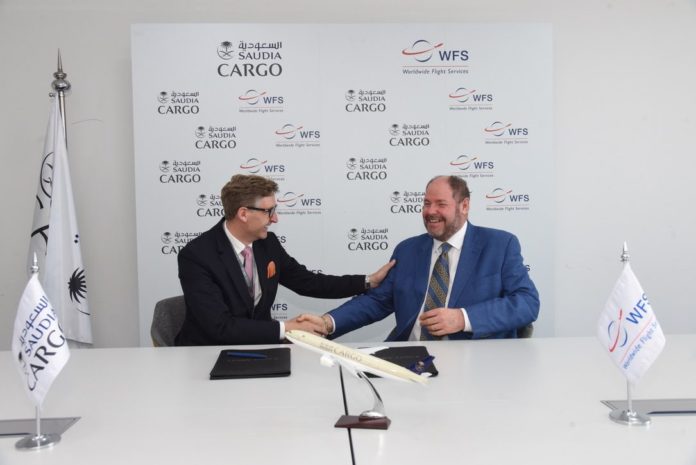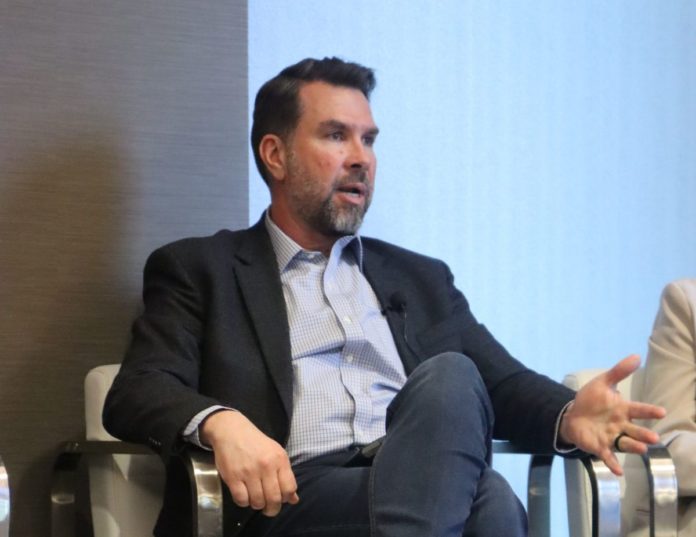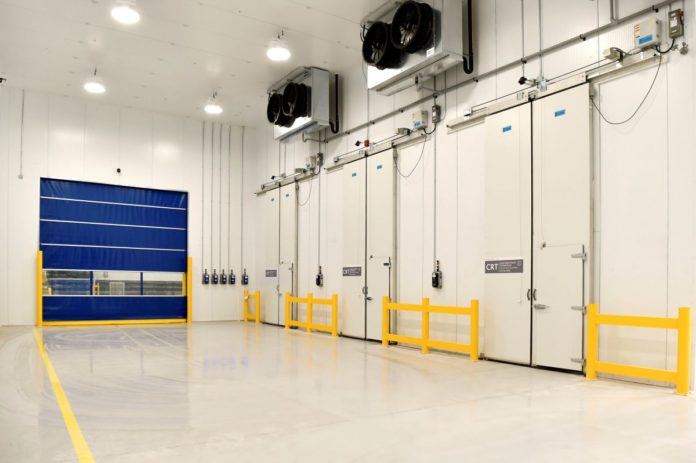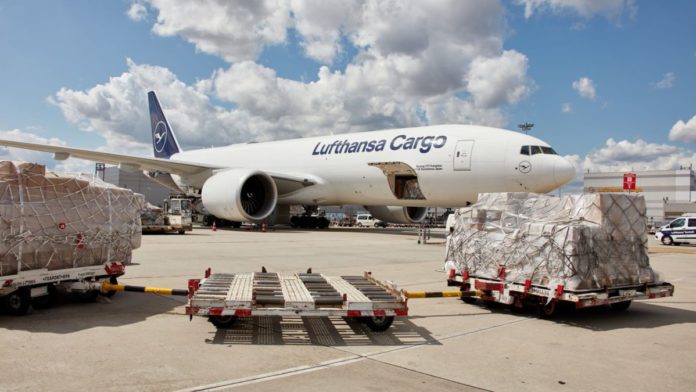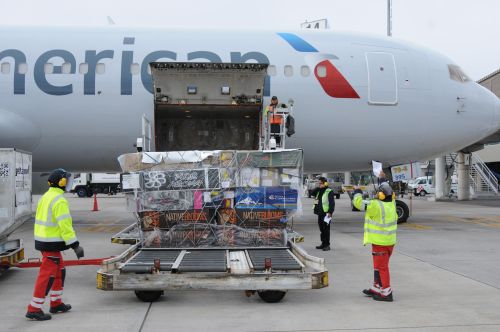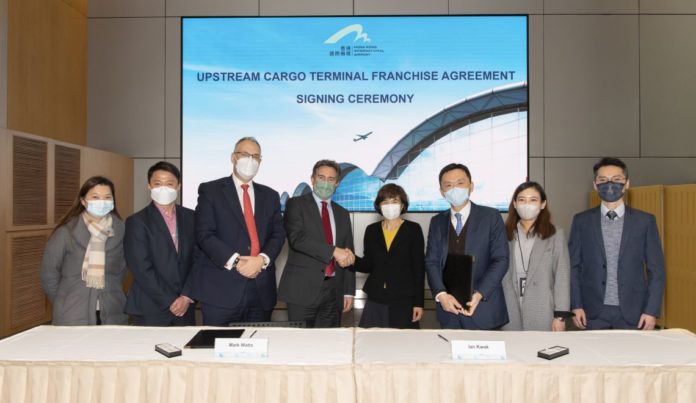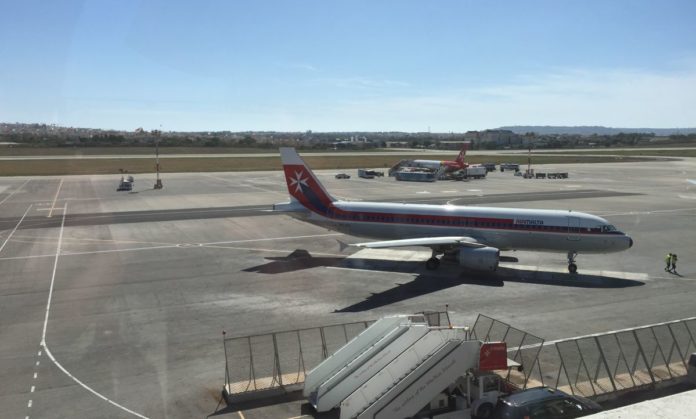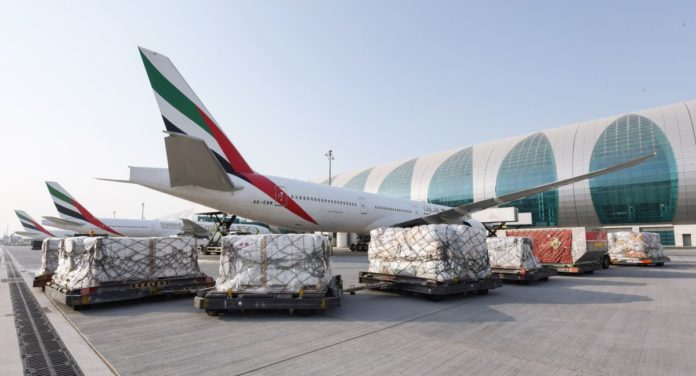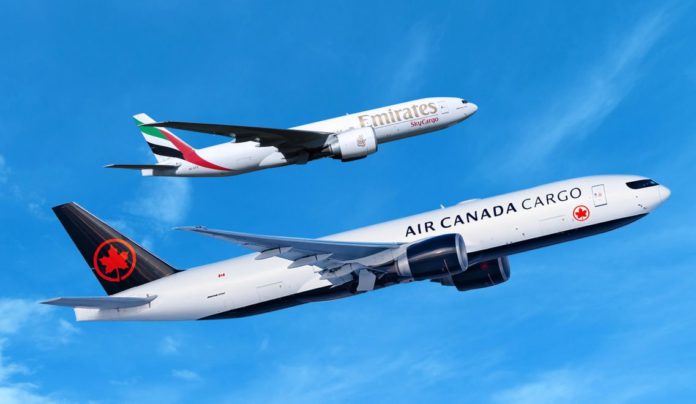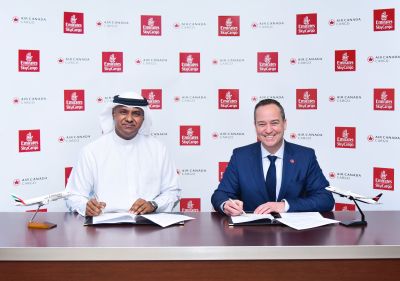The Airforwarders Association (AfA) has called on the Transportation Security Administration (TSA) to involve US shippers in discussions about screening rules for export cargo on freighter aircraft
Panellists at AfA’s Annual General Meeting in Nashville, Tennessee, on 13 February called for the TSA to urgently address the impact of mandated freighter cargo screening for exports which come into force from November 2023.
The requirement that all such cargo must be screened has been in effect since June 2021, but up until now the sector has been working with a limited number of TSA alternative security measures.
However, the TSA has stated that these will expire at the end of October and won’t be renewed.
Panellists said that the Certified Cargo Standard Security Screening Program (CCSSSP) is the only viable way to meet new screening requirements, but much preparatory work and communication with shippers must be carried out by the TSA in order to make CCSSSP ready for the November 2023 deadline.
They are also concerned that the TSA’s proposed Secure Packing Facility (SPF) initiative is not a viable solution for shippers or air freight forwarders who tender cargo that is difficult to screen for freighter export.
“All security programs across the various segments of the air cargo supply chain need to be aligned,” said AfA executive director, Brandon Fried. “Industry needs TSA’s strong support in messaging the shippers that the CCSSSP – which would regulate shippers tendering cargo that is challenging to screen using existing approved security methods – is the only realistic available option to continue to move their cargo.”
The panellists agreed that the TSA needed to update and coordinate the CCSSSP acceptance and handling elements into the various freighter security programs, since the current CCSSSP has been in place only for passenger air carriers since its inception in 2009.
In addition, the TSA also needs to update the regulatory framework to include freighters.
The panel also pointed out that, with the changes in overall air cargo supply chain in the past 15 to 20 years, compounded by the rapid growth and volumes of e-commerce traffic, the current definition of ‘shipper’ does not align with the realities of today’s global air cargo business.
The panel included Doug Brittin, AfA Senior Adviser; Braden Core, Partner, Scopelitis Garvin Light Hanson & Feary (Moderator); John Beckius, Executive Director for the Air Cargo Division at the TSA; Tom Friedman, Industry Engagement Manager, Surface Air Cargo, Office of Security Policy and Industry Engagement, U.S. Department of Homeland Security Transportation Safety Administration (TSA); Alex Rodriguez, Director for Corporate Public Affairs, Americas, Deutsche Post DHL Group; Steve Alterman, President, Cargo Airline Association; and Dan Muscatello, Industry Consultant.








